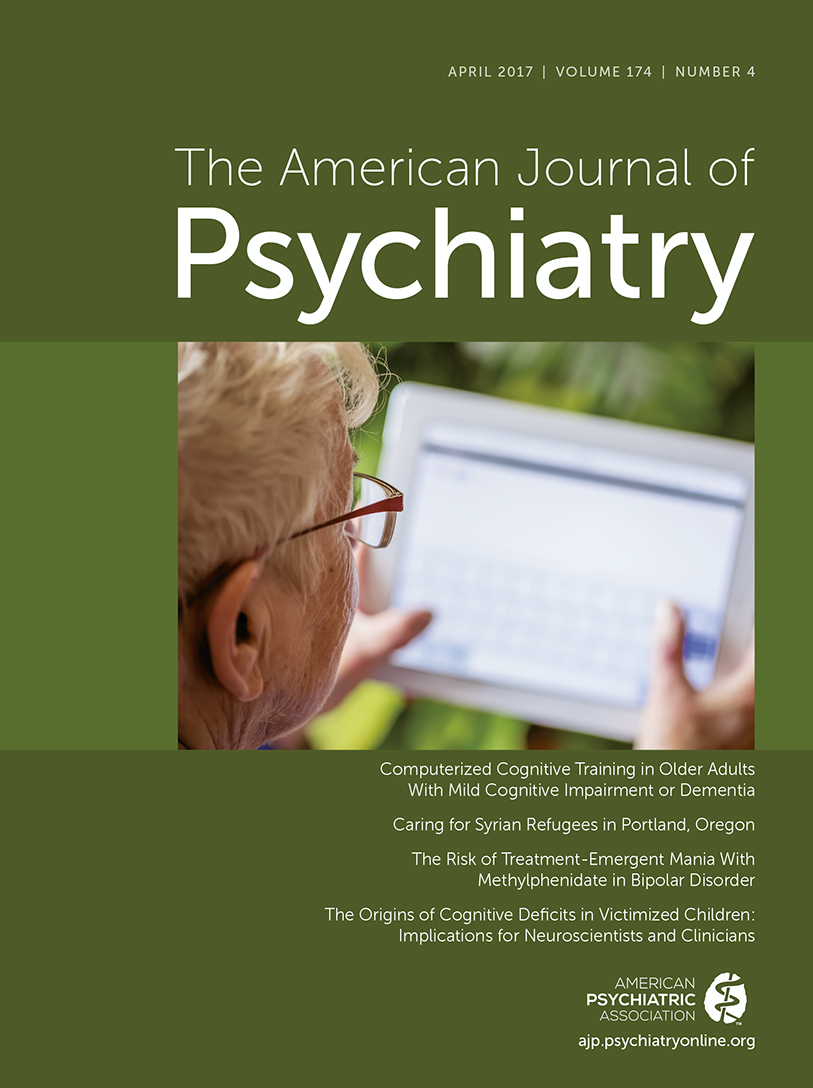Caring for Syrian Refugees in Portland, Oregon

“Ms. A” is a 34-year-old married Syrian woman who came to the Oregon Muslim Medical Association’s free mental health clinic for Muslims by Muslims in 2015 for symptoms of depression. She is a lab technician, currently unemployed, and lives with her two young children in Portland.
Ms. A reports that she has been struggling with depressed mood, poor appetite, significant weight loss, poor sleep, inability to focus, amotivation, frequent crying spells, and poor energy. She has daily nightmares about the traumatic memories of war and her forced emigration. She denies suicidal ideation, and reports that she continues to be a caring and involved mother despite her severe symptoms.
She is from the city of Daraa, which is often labeled as the mother of the 2011 Syrian revolution. The city witnessed a large-scale military invasion and retaliation. Ms. A, like many others, was under sniper attacks, suffered the death of family members, friends, neighbors, and schoolmates, and was forced to be homebound for about a year, for fear of mercenaries and the psychological threats by regime soldiers to torture and rape residents of her ghost city. She was eventually able to escape Daraa to Jordan. Her husband was not allowed to travel with her when she left the Jordanian refugee camp in 2012, and his application to obtain a visa to reunite with her has been rejected five times. Ms. A has minimal psychosocial support through the Muslim community in Portland. The children have no memory of their father.
Ms. A meets DSM-5 criteria for both severe major depression and posttraumatic stress disorder. She is treated with an antidepressant and a hypnotic, which significantly improves her mood, energy, appetite, sleep, and nightmares. Both children are currently struggling with anxiety and showing evidence of learning and speech difficulties. Although therapists initially suspected autism, that appears not to be the case.
Discussion
Even immigration to a safe country is a traumatic event in itself, as it severs ties of kinship and deprives survivors of their psychosocial support network. Ms. A and her children have continued to struggle since coming to the United States and navigating a new country, culture, and language. Through the support of the Oregon Muslim Medical Association clinic and the Portland Refugee Support Group, our team has established a comprehensive approach to refugee trauma that has been very helpful to Ms. A and others like her, and it is one that we hope will continue to fill crucial gaps in delivering the best standards of care to this underserved and at-risk population.
As of November 2016, about 35 Syrian families had arrived safely in Portland. Unless new immigration policies prevent it, it is estimated that up to 500 families will make Portland their permanent home. This project is intended to ensure the smooth settlement and integration of these newcomers into the Muslim, Arab, and larger communities of the Portland area. Along with resettlement agencies, we are trying to verify that each refugee has the following needs met (1):
| 1. | Legal needs: It is important for refugees to know their exact legal status and their rights and responsibilities and to comply with any legal requirements and restrictions of their status. | ||||
| 2. | Physical needs: It is vital for refugees to be followed by primary care physicians, dentists, pediatricians, and other medical personnel on a regular basis. | ||||
| 3. | Psychological needs: Given the prevalence of posttraumatic stress disorder and other consequences of war, refugees need to be connected to affordable, accessible, and culturally sensitive mental health providers (psychiatrists, therapists, social workers, and case workers). | ||||
| 4. | Financial needs: The success of settlement and integration efforts cannot be ensured unless the basic needs of the Syrian refugees are met, including a stable income. | ||||
| 5. | Housing: Refugees need to have stable, safe housing guaranteed for an extended period of time until they master the English language, build their credit, and secure stable employment and can navigate permanent housing options. | ||||
| 6. | Education: Regardless of their age, gender, and educational background, refugees need to have access to decent education to refine their skills and reach their full potential. | ||||
| 7. | Vocational needs: Many refugees are currently capable of and interested in pursuing work and becoming empowered. It is important to ensure that there are no limitations that could preclude their chances of gaining employment. | ||||
| 8. | Spiritual needs: Many Syrian refugees are welcome to be active members of the Muslim (or their chosen faith) community in Portland. Their connection with their religion and spirituality needs to be facilitated. | ||||
| 9. | Leisure: Syrian refugees need to exercise regularly and have hobbies that they enjoy, as that will help speed their physical and emotional recovery and well-being. | ||||
| 10. | Other logistics: Refugees need identification cards (driver’s license, Social Security card, work permit, travel document, Green Card, citizenship, etc.), translation and interpretation services, transportation, and connections with family and their culture of origin. | ||||
On January 27, an initial Executive Order was issued temporarily barring refugees and immigrants from seven countries entry into the United States. The Editors of the Journal felt it important for U.S. psychiatrists and U.S. psychiatry to remain in touch with colleagues from the affected countries. This regular section of the Journal was deemed the appropriate forum to give a voice to those in or with ties to Iran, Iraq, Libya, Somalia, Sudan, Syria, and Yemen.
1 Reda O: Generation of ISIS: The Effects of Violence and Conflict on Children. Portland, Ore, Family Bonding Project, 2016Google Scholar



